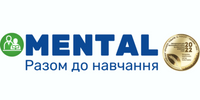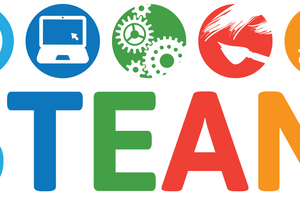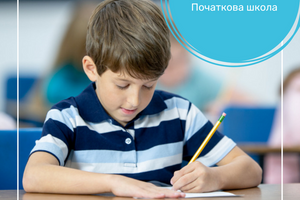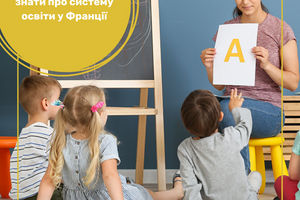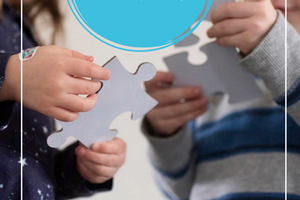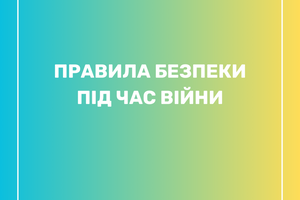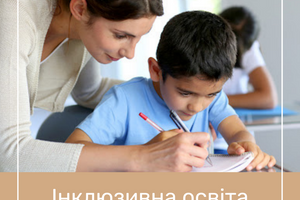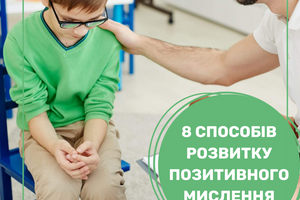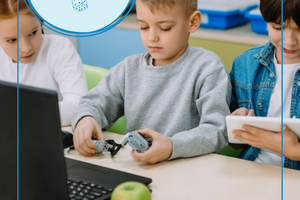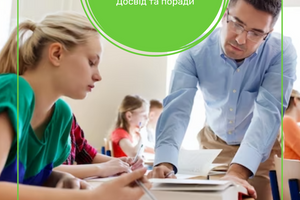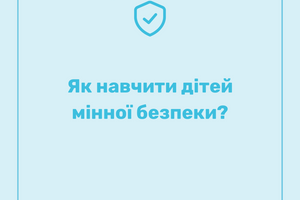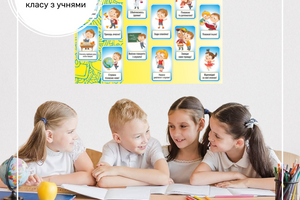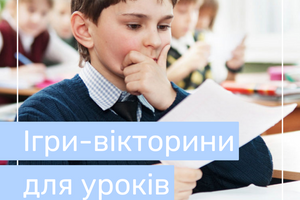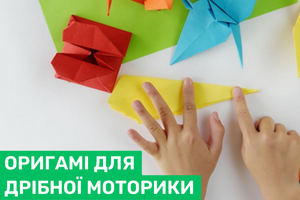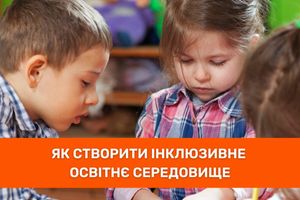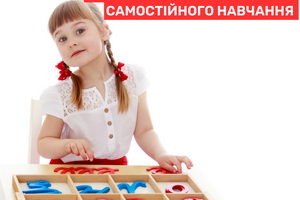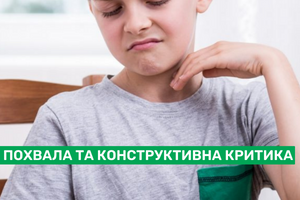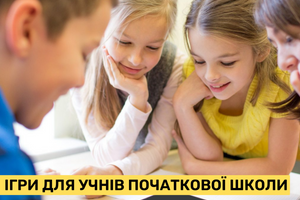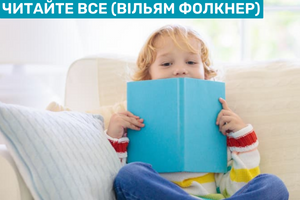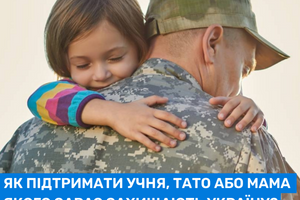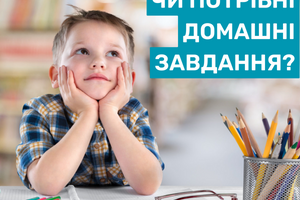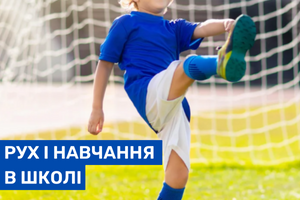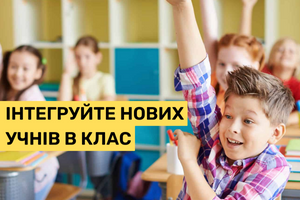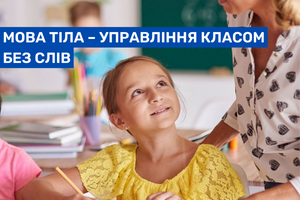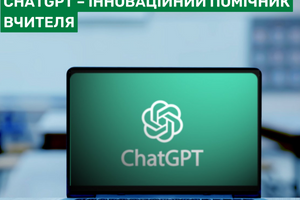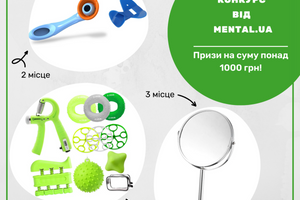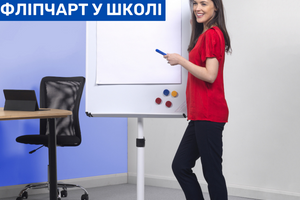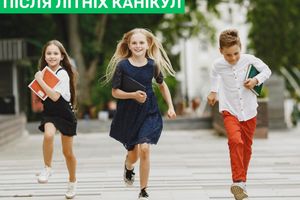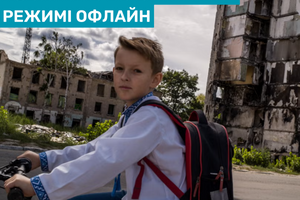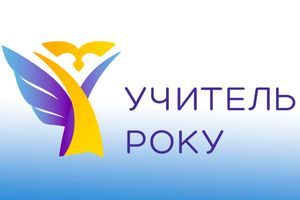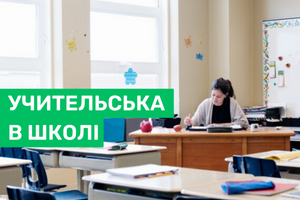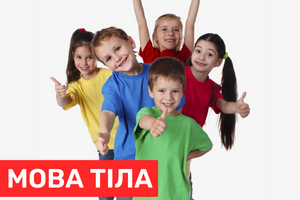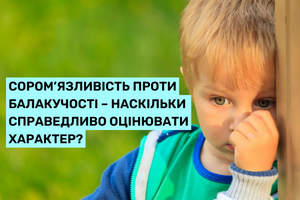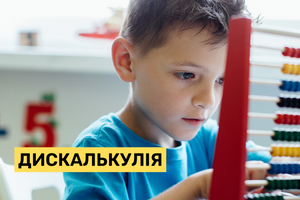How does the MES recommend teachers to organize the educational process in modern conditions?
Here are some tips:
1. When choosing between the need to "execute the program" and "save resources to win", choose the second. If the alarm sounded at night and the child or the teacher feels tired in the morning, the high concentration of academic material at the beginning and the "postulate" of strict adherence to the established order of actions become irrelevant.
2. Alarm signals should not be ignored. Regardless of the forms of education (full-time or part-time, individual - externship, family) or forms of organization of the educational process (face-to-face or distance modes, mixed learning), etc. After the signal, you need to stop the training for the one for whom the signal sounds and go to the shelter.
3. Treat the loss of concentration (your own and the students') with understanding. You should not offer new (difficult to learn) topics at the beginning of the day; devote time to strengthening and a sense of security, pay attention to social-emotional learning, devote the lesson to generalization and systematization of previous material.
4. Create a space in which the child will feel closeness ("I am with you!"), respect differences. Inadmissible are phrases like "Another student was able to come on time / do homework... so you have to too!", "Pull yourself together and start working, because it's difficult for everyone now," etc.
5. "There is no man who is like an island." Take care of yourself, share your experiences with loved ones.
In addition, the Ministry of Education and Culture recommends teachers not to take on the role of a psychologist, but to involve psychologists in solving situations with which difficulties arise.
So let's remember that knowledge is important. But the common priority today is the maximum possible safety of every child, every teacher and all participants in the educational process. The modern wartime school is about community, safety and support, not control.
By using this website, you accept the Privacy Policy and consent to the use of cookies. More information
